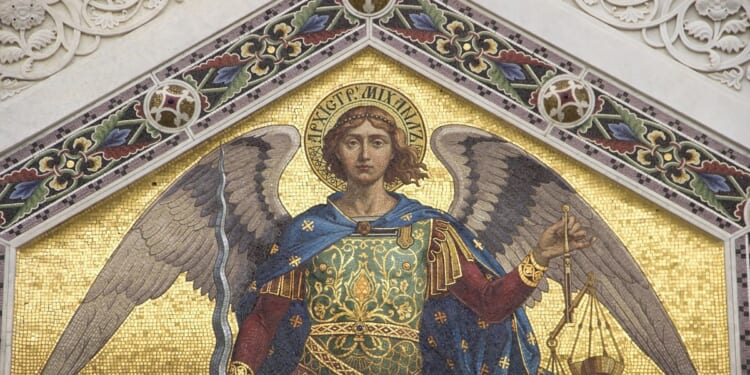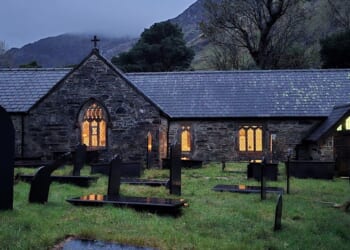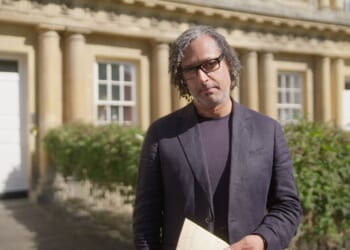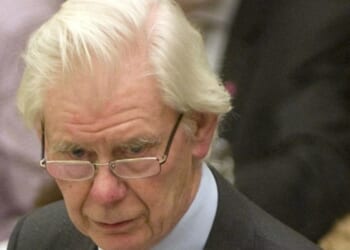BLACKBERRIES should not be picked after Michaelmas, because the devil, as he was cast out of heaven, happened to spit on a blackberry bush, turning the crop bitter. As a child, I was always aware of 29 September and the Feast of St Michael and All Angels, coming, as it did, when the leaves were turning gold, and there were acorns and horse chestnuts on the ground. Autumn, angels, the equinox, and the war between good and evil were all connected in my imagination.
Fast-forward to days of studying theology, when I witnessed the eccentric Professor Donald MacKinnon tortuously exploring the difference between St Augustine’s view of evil as the absence of the good and the view held by those, such as Carl Jung, who believed that evil was better understood as a malign supernatural force. It is an ongoing argument. As in most theological debates, we can learn from both sides.
I suspect that one of the reasons that some young people with no previous links to the Church are exploring Christianity for the first time (22 August) is that they suspect that there is such a thing as evil and that its powers thwart humanity.
Previous generations were brought up on the hope of human progress. Francis Fukuyama’s famous book The End of History and the Last Man (1992) argued that the liberal democracy of the West would, in time, be universally adopted, bringing an end to the Cold War threats of nuclear annihilation.
It was a secular version of the doctrine of evil as the absence of the good, the good being that of Western progressivism. Look at some of the hymns in 100 Hymns for Today (1969), and you will see how the Church brought into its liturgy the moralistic Western optimism that has held sway in all our Western institutions.
But, today, I suspect, Evil as a positive malignity is back on the theological and political agenda. We wonder whether there really are powers out to get us, or to suck us into the void. The illusion has been that what we call “evil” can be trained, educated, or processed out of us.
Our political leaders have taken progress for granted and looked for technocratic solutions to human problems. Both Sir Keir Starmer and Kemi Badenoch are professed atheists (News, 15 August). Yet, perhaps, the secular and progressive liberal trajectory has run out of steam. Perhaps the devil’s spit really is on the blackberries, and we are set to endure an age of spiritual famine.
Christian leaders are rightly troubled by the adoption of the St George flag and the cross by the supporters of Tommy Robinson (News, 19 September). But the leaders should ask themselves whether they have too easily succumbed to a view of history as progress which is now unpersuasive. The dragon is still about, both in society and in the human heart, and Michael the Archangel still has work to do.
















